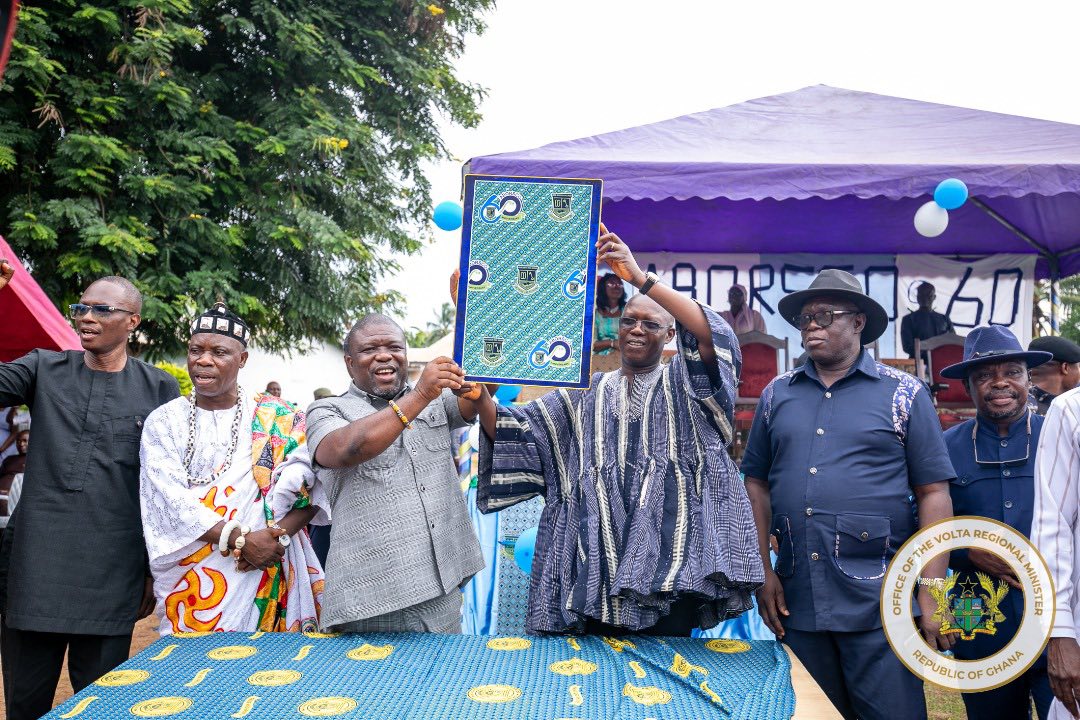The Supreme Court has, by unanimous decision, ruled that the supplementary affidavit filed by the suspended Chief Justice, Gertrude Torkonoo, against the processes for her possible removal discloses information meant to be kept in camera, in line with Article 146 of the Constitution.
The five-member panel upheld on Wednesday, May 28, the application filed by the Deputy Attorney General, Justice Srem Sai, finding merit in the argument that the affidavit breached the confidentiality of the committee’s proceedings.
Consequently, the Court has struck out the supplementary affidavit. Following this ruling, the substantive application by the suspended Chief Justice seeking to injunct the committee’s work will start.
Background
On May 26, the suspended Chief Justice filed a damning supplementary affidavit at the Supreme Court, painting a harrowing picture of her treatment in the ongoing impeachment inquiry, which she describes as “a mockery of justice, an assault on judicial independence, and worse than the treatment meted out to persons accused of treason.”
Justice Torkornoo said the process she’s being subjected to constitutes “a complete desecration of my basic constitutional rights to a fair trial, violation of my dignity and subjection to inhuman and degrading treatment, of a kind not meted out to even accused persons on trial for treason.”
The affidavit, filed in support of her motion for an interlocutory injunction to halt the proceedings, outlines a series of alarming developments since she first took legal action on May 21.
She revealed that despite informing the committee of the suit she filed at the Supreme Court and providing copies of the processes, the committee proceeded with the inquiry the very next day.
“Notwithstanding receipt of the processes filed… the members of the committee indicated their resolve to proceed,” she states, adding that she still has not been informed of the legal basis for determining that a prima facie case had been established against her.






































